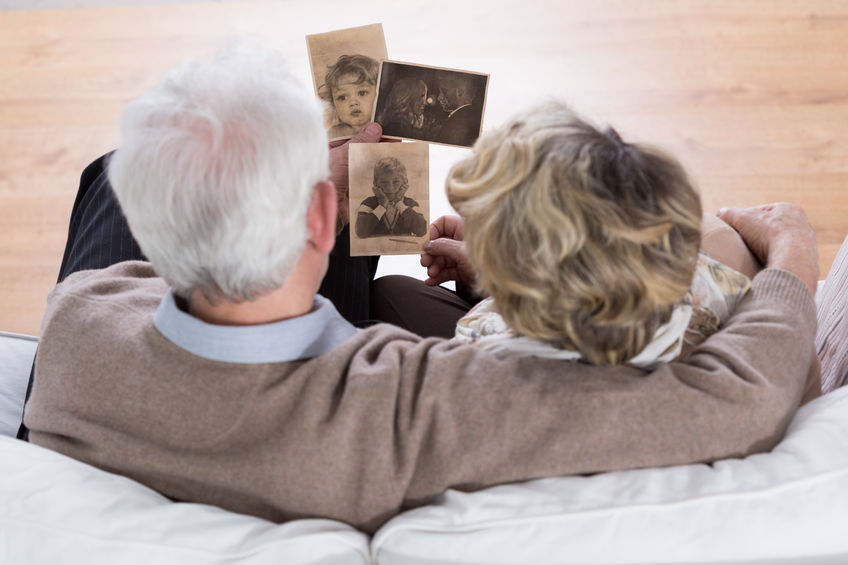Your “Stuff” and Your Estate Plan
By Barry Zimmer on April 7th, 2021 in Estate Planning
© 2021 All Rights Reserved

I have learned from experience that even if people have financial accounts with lots of zeros, they may be as concerned about who gets the things they have collected or been given over the years as with their money.
I have known families to feud over such personal items as if they were worth a lot of money. Perhaps it’s the baseball card collection Grandpa started when he was six years old. Or the stamp collection Mom’s father started when he was a boy. Maybe the coin collection Mom started when she was little when her grandmother gave her a silver dollar for Christmas.
At first glance, this may not make much sense because the items may not be of great financial value. Yet children and grandchildren may have hopes or expectations to receive certain items that have personal meaning to them and risk family divisions to get what they want.
Why is this? People sometimes develop great emotional attachment to items that may not have monetary value – like that breadbox. In fact, there is a psychology of stuff and the attachment people have to their stuff and the stuff they leave behind. In an interesting article appearing in The Psychologist, published by the British Psychological Society in 2013, the author, Christian Jarrett, observes “After a person dies, many of their most meaningful possessions become family heirlooms, seen by those left behind as forever containing the lost person’s essence.”
What’s the best way to dispose of your stuff when you make your estate plan? You could give the items away during your lifetime. That has advantages including seeing the joy on the recipient’s face when receiving it. But what if you won’t want to part with the items during life?
If you want to hold on to your stuff right now, you can include a specific gifts of personal items in your trust (if assigned to the trust). But there are several reasons that may not be the best solution. First, you might change your mind from time to time. If the gift were made under your trust or will, the documents would need to be revised by your attorney, resulting in legal fees. Or you might decide to make bequests of additional items you didn’t have before or which you hadn’t thought about when you signed your estate planning documents, which requires more legal work. Sometimes people are just not ready to make those decisions, driving the estate planning process to a grinding halt.
For these reasons, many people feel it’s better to handle these sorts of specific bequests by way of a personal property memorandum instead of a trust agreement. Your trust would reference the memorandum and instruct the Trustee to honor and implement it. The memorandum would indicate a description of items you want to leave to specific persons. You would sign the memorandum and date it. If you want to add to it or delete from it, you can do so any time and simply sign and date the additions or deletions – without a lawyer!
Is such a personal property memorandum valid and enforceable under law? In some states yes, and some states no. If you live in Ohio, such a memorandum would not be enforceable unless it were signed with the same formalities as a will, which is impractical. Nonetheless, it is a popular method because it is so simple to set up and change without legal fees, and because people usually feel comfortable that their family will carry out their wishes if clearly written down and signed.
Zimmer Law Firm provides its clients with a personal property memorandum in their Estate Planning portfolio/Legacy Wealth Planning portfolio called the Estate Planning Letter for this purpose and for other personal messages.
How do you decide which way to go – to include specific items in your trust or use the Estate Planning Letter? We have a simple rule of thumb. The most important items, in terms of highest sentimental or economic value, should be included in the trust. Use the Estate Planning Letter for everything else. The use of the personal property memorandum has many benefits, including its simplicity. Perhaps most of all, this method gives you a sense of more direct control over your personal property and the items which might have the greatest emotional value to you and your family.

